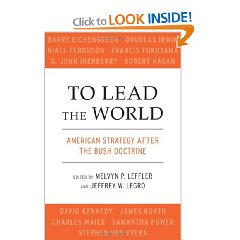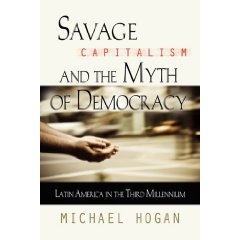
![]() An Utterly Superb Intellectual Contribution–a Major New Reference
An Utterly Superb Intellectual Contribution–a Major New Reference
January 10, 2010
David Cortright
This book is a gift to humanity, a foundational reference of such extraorindary value that I earnestly believe it should be required reading for every single liberal arts program in the world, and used as a core book in all graduate international relations programs.
Part I reviews the history of peace movements; Part II reviews core themes of peace within religions, populism, democracy, social justice, responsibility to protect and wraps up with three cahpters on a moral equivalent, realizing disarmament, and realistic pacifism.
The footnotes, the bibliography, and the index are world-class. The paper is glossy and annoyingly unreceptive to ink, but as a library volume or one that does not allow notes, this is an absolute top-notch production at a phenomenally reasonable price. I have the note mid-way: utterly brilliant blending of works of others within own architecture–superior scholarship.
The book does not touch on the evolutionary activism, conscious evolution, integral consciousness literature, and this is not a criticsm as much as a roadsign: the following five books complement this work in a distinct fashion.
Reflections on Evolutionary Activism: Essays, poems and prayers from an emerging field of sacred social change
Conscious Evolution: Awakening Our Social Potential
Integral Consciousness and the Future of Evolution
The Compassionate Instinct: The Science of Human Goodness
HUGE EYE-OPENER; Pashtun Peace Army in Pakistan-Afghanistan, the Servants of God, discussed on pages 193 and 313. I've been working Information Operations (IO) and used to do Covert Action and I am pretty sure neither CIA nor DIA have a clue that this is a major historical movement that could be reactivated.
Continue reading “Review: Peace–A History of Movements and Ideas”








